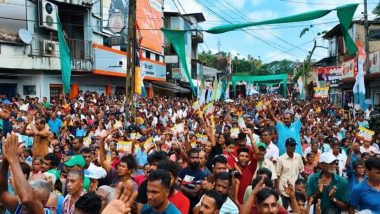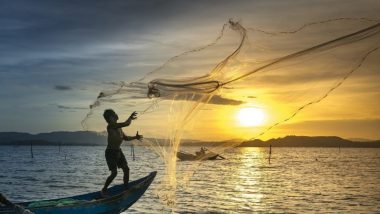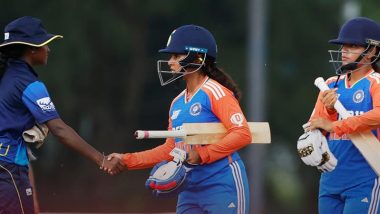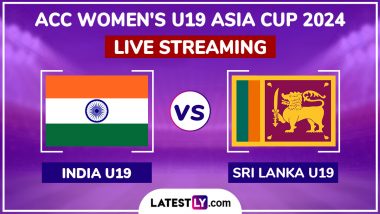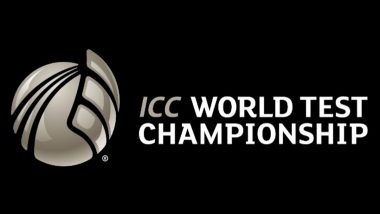Colombo, September 20: Sri Lanka is gearing up for a crucial presidential election on Saturday, marking the island nation's first major poll since its worst economic meltdown in 2022. Incumbent President Ranil Wickremesinghe, 75, is seeking re-election for a five-year term as an independent candidate, riding on the success of his efforts to pull the country out of the economic crisis, which many experts hailed as one of the quickest recoveries in the world.
Though Wickremesinghe's recovery plan tied to rigid reforms linked to the International Monetary Fund (IMF) bail-out was hardly popular, it has helped Sri Lanka recover from successive quarters of negative growth. “I will make sure that I end the country's bankruptcy by going ahead with the reforms we introduced,” Wickremesinghe told an election rally on Wednesday night. International Observers Arrive in Sri Lanka for Presidential Election Monitoring.
The three-cornered electoral battle will see Wickremesinghe facing stiff competition from Anura Kumara Dissanayake, 56, of the National People's Power (NPP), and Sajith Premadasa, 57, of the Samagi Jana Balawegaya (SJB) and the main Opposition leader. Analysts opine that the three-way contest is the first such in the history of Sri Lankan presidential elections since 1982. "This election is different from all other previous presidential polls as all the three main contenders had faced setbacks in the 2020 parliamentary election,” analyst Kusal Perera said.
Dissanayake, who is said to be the front runner according to unofficial opinion polls, polled only three per cent of the vote in the 2020 parliamentary election, while Wickremesinghe polled only 2 per cent and Premadasa with the larger chunk of over 25 per cent. As Sri Lanka sank into economic collapse in 2022, a popular uprising led its then-president, Gotabaya Rajapaksa, to flee the country. In another major departure from previous presidential polls, the minority Tamil issue is not on the agenda of any of the three main contenders in this election. Instead, the nation's battered economy and its recovery have taken centre stage with all three front runners vowing to stick with the IMF bail-out reforms.
Dissanayake and Premadasa want to tinker with the programme to give more economic relief to the public. Addressing a recent public rally, Dissanayake claimed his victory was certain with unprecedented support coming from all parts of the island, including the Tamil minority dominated north and east. Dissanayake's anti-corruption stand has struck a chord with voters, mainly youths who crave for a system change in governance. Ahead of New Election, Many in Sri Lanka Still Waiting for Change.
Premadasa from the centre-right SJB party expressed confidence that he would win the election with over two million votes. Approximately 17 million registered voters are eligible to vote in this election at over 13,400 polling stations with an expected turnout of 80 per cent. Poll results are due Sunday.



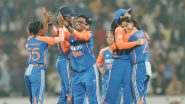




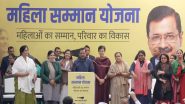
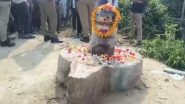
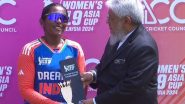


 Quickly
Quickly








